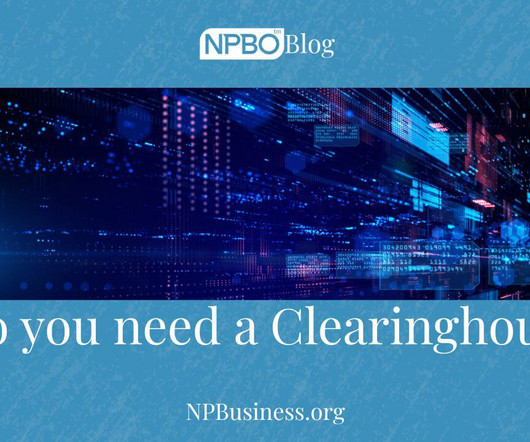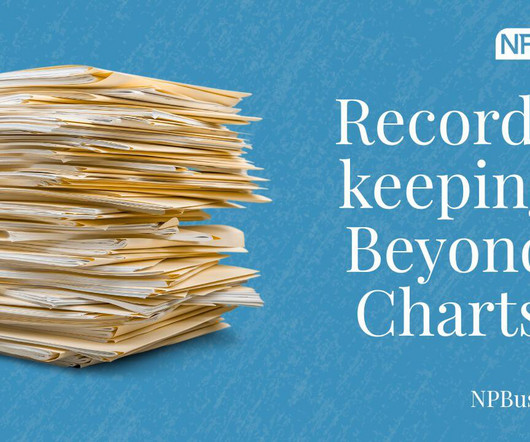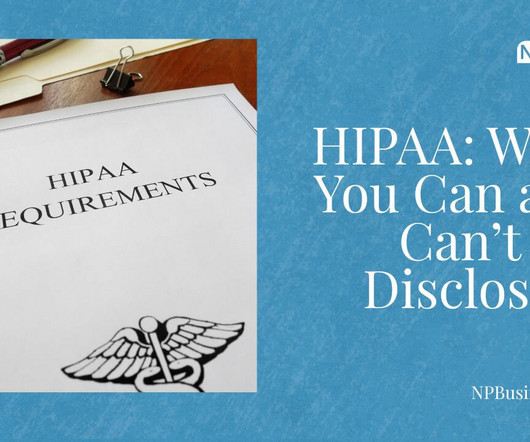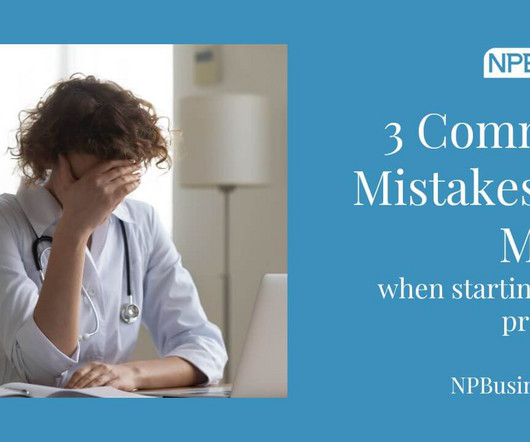What Is A Clearing House & Do You Need One?
Nurse Practitioners in Business
MAY 1, 2025
Secure Data Exchange Clearinghouses help ensure data transmission complies with HIPAA security standards , which is essential when handling sensitive patient and billing information. Clearinghouses provide a streamlined process and ensure HIPAA compliance. appeared first on Nurse Practitioners in Business.













Let's personalize your content